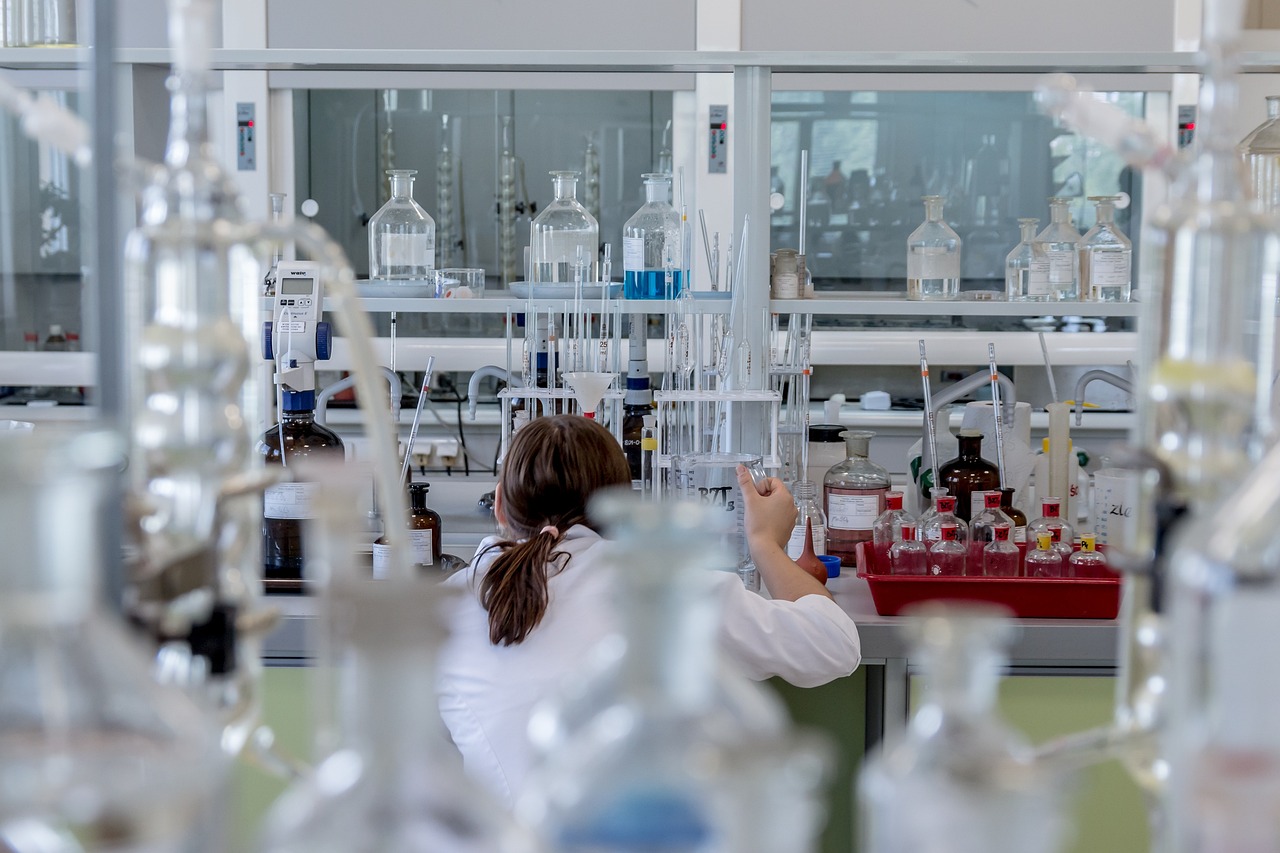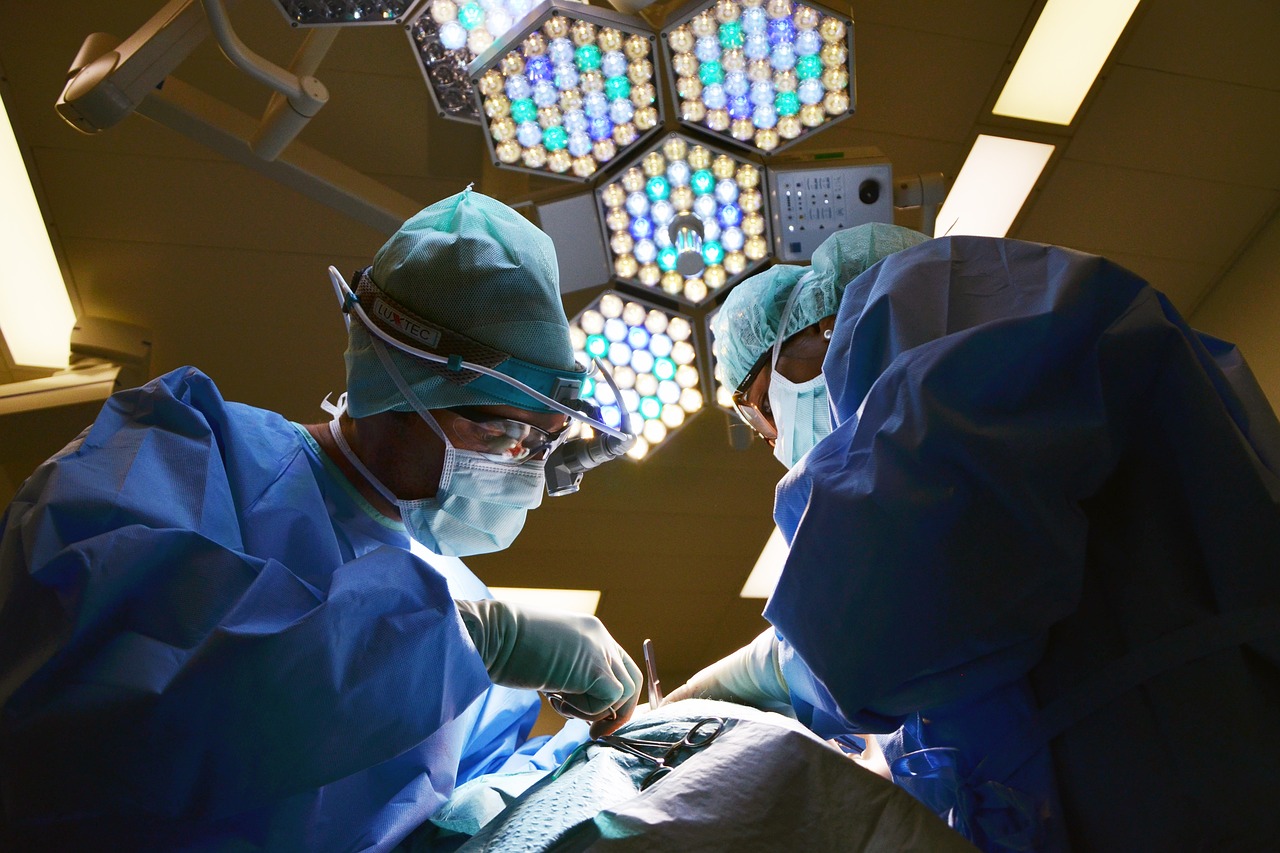
Remarkably, the new technology went from laboratory innovation to industrial application in just two years.Continue reading

When a blood vessel becomes blocked, whether in the case of an organ transplant, heart attack, or stroke, the affected organ suffers from a lack of oxygen and cells send emergency signals to the surface. Researchers working in a joint venture between Eötvös Loránd University (ELTE) Faculty of Science and the HUN-REN Research Center for Natural Sciences have created a unique drug that protects the body from damage following oxygen deprivation, reads the Hungarian Research Network’s website.
EvolVeritas, founded by research and discovery scientists from the ELTE Faculty of Science and the HUN-REN Research Center for Natural Sciences, led by Gábor Pál and Péter Gál, has created a unique drug through the directed evolution of a human protein. The patent-protected EVO24L prevents organ damage following oxygen deprivation.
When an organ is deprived of oxygen due to vascular occlusion, for instance in the case of organ transplantation, heart attack, or stroke, cells form emergency signals on their surface. Blood supply can be restored by clot-busting drugs or catheter treatment, but the immune proteins that recognize the distress signals arrive “on the scene” with the fresh blood supply of oxygen and nutrients. One of them, MASP-2 inhibitor, triggers an avalanche of inflammation leading to life-threatening organ damage.
EvolVeritas’ new active ingredient, EVO24L, prevents inflammation as well as destruction by providing a perfect and durable cover for the MASP-2 active site.
EVO24L was tested by an Australian team of renal specialists. They used an animal model specifically designed to investigate organ damage due to oxygen deprivation accompanying kidney transplantation. In the study, the renal function of the placebo-treated animals collapsed, while the kidney function and kidney tissue of the EVO24L-treated animals remained intact.
A spin-off company, founded by the inventors and a joint research project between ELTE and HUN-REN, is developing ultra-selective agents that inhibit inflammation and SARS-CoV-2 and influenza virus infection by directed protein elution. They are in discussions with leading pharmaceutical companies and pharmaceutical investors worldwide on the utilization.
The breakthrough finding has been published in the prestigious journal of the U.S. National Academy of Sciences, PNAS.
Via HUN-REN, Featured image: Pixabay